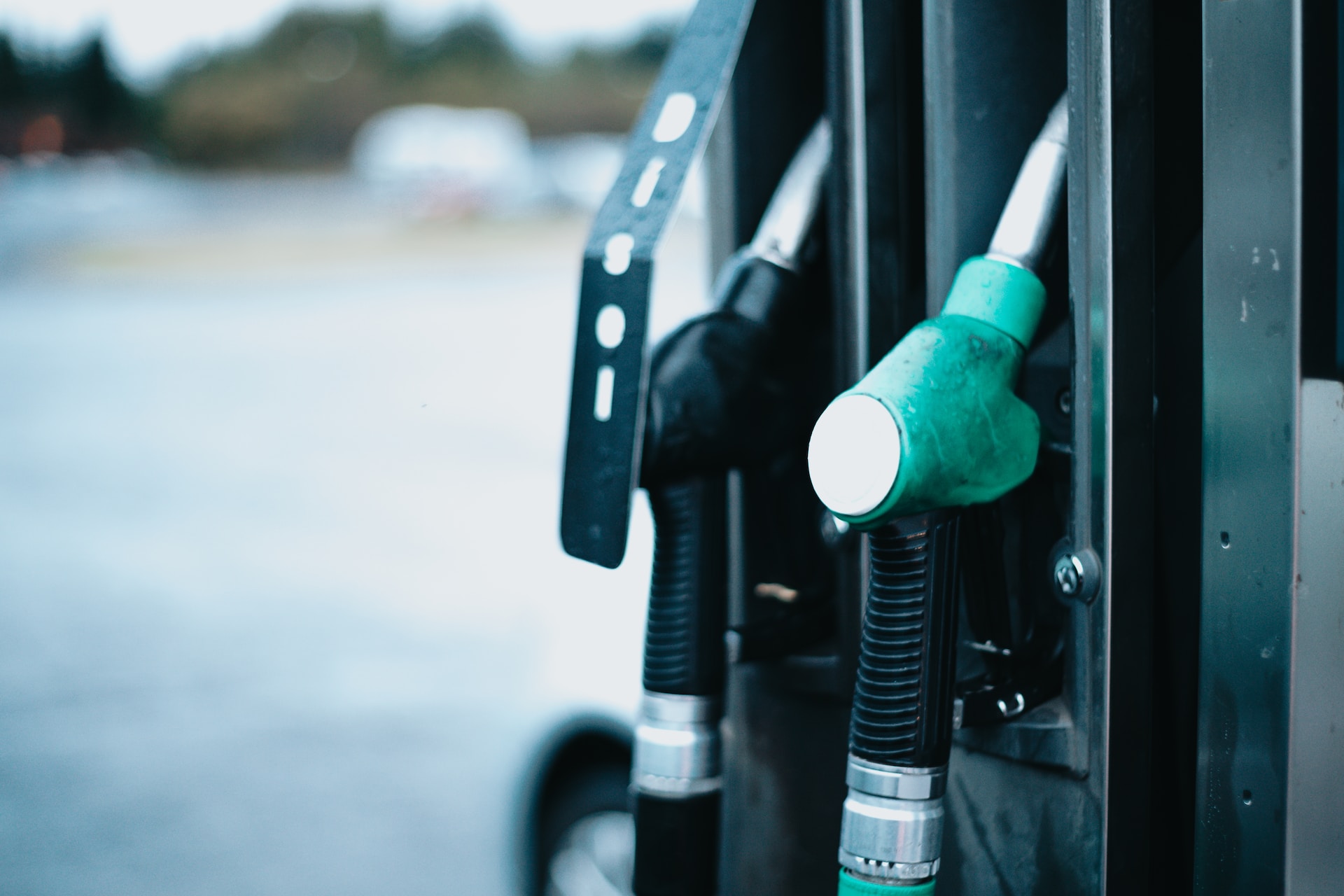When it comes to fuel contamination, it’s important to understand that it can take many different forms. From water to bacteria, these contaminants can wreak havoc on your vehicle’s engine, causing it to malfunction and potentially leaving you stranded on the side of the road. In this blog, we’ll take a closer look at the different types of fuel contamination that you might encounter in the UK.
Water Contamination
One of the most common types of fuel contamination is water. This can happen when water gets into your fuel tank, either through condensation or exposure to rain or other sources of moisture. When water mixes with diesel or petrol, it can cause a number of problems, including rust, corrosion, and the growth of bacteria and fungi. In addition, water can cause your engine to misfire, stall, or fail to start altogether.
To prevent water contamination, it’s essential to keep your fuel tank as full as possible, as this will reduce the amount of air in the tank and minimize the amount of condensation that can occur. Additionally, you should avoid filling up your tank during or immediately after a heavy rainstorm, as this can increase the risk of water getting into your fuel.
Wrong Fuel Contamination
Another common type of fuel contamination is when the wrong type of fuel is added to a vehicle. This can happen when a driver accidentally puts petrol in a diesel tank or vice versa. Putting diesel into a petrol car or petrol into a diesel car can cause serious damage to the engine and fuel system. It can cause damage to the fuel injection system, as well as the fuel pump and fuel lines.
If you realize that you have used the wrong type of fuel, do not start your engine. Instead, contact a professional fuel drain service to remove the contaminated fuel and clean out your fuel system. Continuing to use the wrong fuel can cause serious damage to your engine and potentially result in expensive repairs.
Metal Contamination
Metal contamination can occur when small particles of metal find their way into your fuel tank. This can happen as a result of corrosion or wear and tear on your vehicle’s fuel system. When metal particles mix with your fuel, they can cause damage to your engine components, including your fuel injectors, fuel pump, and fuel lines.
To prevent metal contamination, it’s important to inspect your fuel system regularly for signs of corrosion or wear. Additionally, you should avoid using metal containers to store or transport fuel, as these can rust over time and release small metal particles into your fuel.
Other Types of Fuel Contamination
In addition to the types of fuel contamination we’ve already discussed, there are a number of other contaminants that can find their way into your fuel tank. These include:
- Sediment: Small particles of dirt, sand, or other debris that can clog fuel filters and cause damage to your engine components.
- Chemicals: Contaminants such as solvents, pesticides, or other chemicals that can cause damage to your engine components and pose a risk to your health.
- Wax: A type of contamination that can occur in diesel fuel when it gets too cold. When diesel fuel waxes, it can clog fuel filters and cause damage to your engine components.
Preventing these types of contamination is important, and it’s possible by keeping your fuel tank clean and well-maintained. This means using high-quality fuel that is free from contaminants, regularly inspecting your fuel system for signs of wear or damage, and promptly addressing any issues that arise.
Conclusion
Fuel contamination is a serious issue that can cause a number of problems for your vehicle’s engine. By understanding the different types of fuel contamination that can occur in the UK, you can take steps to prevent them from happening and keep your engine running smoothly for years to come.
Don’t let contaminated fuel ruin your day! Contact Fuel Fixer for expert contaminated fuel cleanup services. Our mobile units are on call across the UK and will arrive within minutes to get your vehicle back on the road. Trust Fuel Fixer, the leading specialist in contaminated fuel cleanup, to fix your car while you wait.

